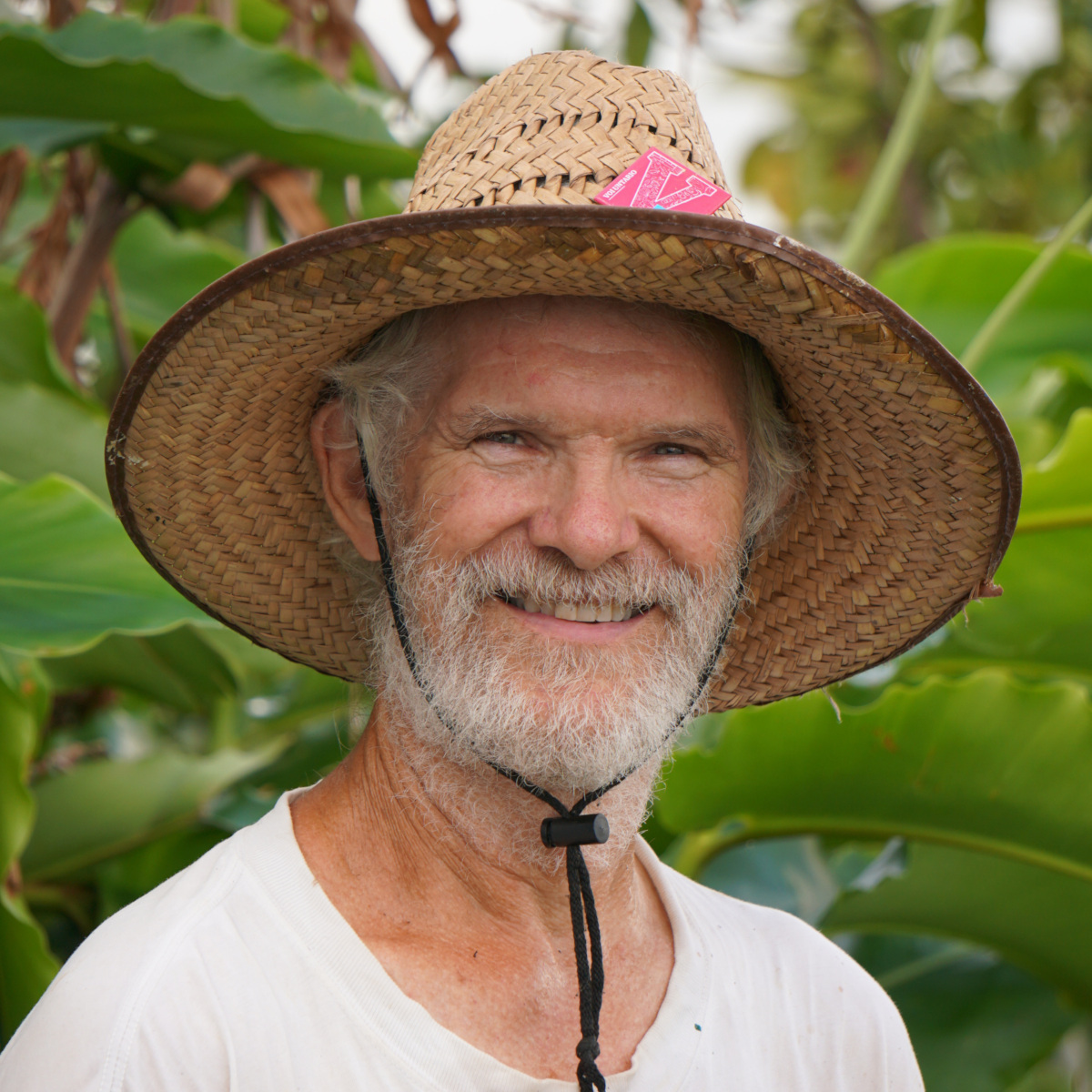
One day, a land broker mentions an idea. How about granting a long-term lease to a company that values your property for the same reasons you do: long walks through tall grass, the calls of migrating birds, the way it keeps the air and water clean.
In fact, it’s an approach backed by hardheaded investors who think nature has an intrinsic value that can provide them with a return down the road
Such a company doesn’t yet exist. But the idea has gained traction among environmentalists, money managers and philanthropists who believe that nature won’t be adequately protected unless it is assigned a value in the market
This makes me want to fucking cry, or scream, or set fire to investors, or maybe all of the above.
Leaving aside the horror of these people essentially encouraging others to only care about what has a monetary value, you cannot create a market for repairing damage, without also inherently assigning value to the damage itself, since without the damage, there is nothing to repair. No one who participates in investment markets is going to park their money in something that isn’t going to grow, just for funsies. If there’s not an ROI, they’re not going to put money into it.
So keeping already-pristine nature pristine is out. They’ll want to invest in things which are in a bad state, and have potential for increasing their ‘value’ to being in a good state. That is the express purpose laid out by the IEG “Intrinsic Exchange Group”, which is the group that the NYSE is using to determine the ‘value’ of natural assets.
And to be be clear, I’m not worried about someone going and starting a forest fire just so they can invest in some forest growth fund- I’m sure that would happen as well, but that’s not the biggest danger- I’m worried about investors double-dipping with their investments; investing in PG&E growth, knowing that the investment will allow them to set up more lines, and then also investing in the recovery from the inevitable increase in fires. Investing in oil companies, and then praying for oil spills so they can ‘invest’ in the affected areas’ recovery.
If you read a little deeper into NACs, it starts to reek of the same ponzi-scheme valuation that crypto and its derived EFTs do: you invested in an area of land to recover, and now it has, and the supposed value of your shares increased. You want to extract your gains. Who is going to buy it from you now, and why? The only answer is, “someone who thinks the value will go up even more”. This continues until no one else is willing to pay you more for the share, at which point they’re stuck holding the bag.
Literally every day there is another company laying people off 6 months after doing stock buybacks, exchanging livelihoods for investor returns. There is no immoral action they will not take, if they think they can legally profit off it.
it’s part of a larger movement motivated by the belief that if natural riches are to be preserved, they must have a price.
Yes, everyone is aware that Capitalism will destroy everything it can’t profit from. The insane solution is to simply make everything (that they care about) profitable. The sane solution is to get rid of the system doing the destroying.
I’m not a religious person, but I agree wholeheartedly with the Bible in this:
For the love of money is the root of all evil
Believing that you can make Capitalistic greed serve the greater good, like this is trying to do, is the height of hubris and naivety.

Great write up. The terms “greenwashing” and “capitalist realism” came to mind looking over this.
Greenwashing: The marketing for these “Natural Asset Companies” is based on the common misunderstanding that businesses exist to perform a role. In fact businesses exist to profit and performing a role could be a means to that end. The only reason this idea exists is because some clever people believe this kind of green-looking presentation will yield profit. Every single thing about this idea is subject to change according to finance, the economy, shifting opportunities, etc except that it is a vehicle to generate profit and that’s the only thing it is.
Capitalist Realism: This idea that an investment-based economy driven by capital is natural to us or the Earth flares up in the strangest places. To fight nature, which is capitalists leveraging their assets for a return on their investment, we must allow capitalists to leverage their assets for a return on their investment though use of our green-looking company. Nature almost certainly has existed prior to humanity and will presumably exist after humanity. Companies, assets, and money did not exist prior to humanity, did not exist for most of human history, and will cease to exist entirely when there are no longer humans who believe in them. The framing of this article is strange as it regards capitalism as the natural force and the very environment as the impermanent construct we have to protect from nature (capitalism).

In economic terms, nature is often referred to as an “externality” - meaning, as you say, things which do not appear on corporate balance sheets - that are unvalued. We have collectively recognized that clean water in rivers is something valuable to society, and converted the externality of “use the river to carry away the pollution!” and “use the river water to cool the process plant” into actual costs: not by making investors put their money into riverine systems for future profit, but by requiring permits which restrict what can go into or come out of the river. We can, and sometimes do, manage the land in similar ways. I advocate for it, but of course I get a little anxious about the details if it comes to MY land!
I spent a couple of years in Guna Yala, the indigenous-peoples’ territory of northeastern Panama. The Guna people live in towns on islands just offshore of the coast, and they farm and hunt in the mainland forest. When a Guna family wants to grow crops, they go with a village chief to the forest area near the village and identify a piece of land that is suitable. The chief approves it and records the location, and the family has it for three years. They can cut trees, plow soil, plant whatever. After three years, they have to abandon it and nobody can use that land for three years.
I feel very much that my land is not REALLY mine. I have stewardship. The people that had it in the recent past (20th century), did not treat it well and shame on them. But they are dead and gone, so they don’t care I guess. I am treating it better and someone later will probably be glad to acquire it because of the great soil, healthy and perhaps valuable tropical hardwoods, and well-connected ecosystem. I’ll be dead and gone so I won’t care. It is IMMEDIATELY gratifying to live in this place and see it heal and prosper and that is all the return on investment I could ask. But I would at least say they should give me a break on property tax for land I restore to forest (even food forest). Maybe I will donate it to the Nature Conservancy some day, to lock in the gains.

The books Venomous Lumpsucker and The Ministry for the Future both look at hypotheticals like this. One was more effective than the other; it has to be set up correctly to incentivize the behavior we need.

Commodifying everything in nature is definitely a good idea and couldnt possibly backfire.

Capitalists try not to assign monetary value to literally every single item, feeling, and natural occurrence on Earth challenge:
oops, failed again

